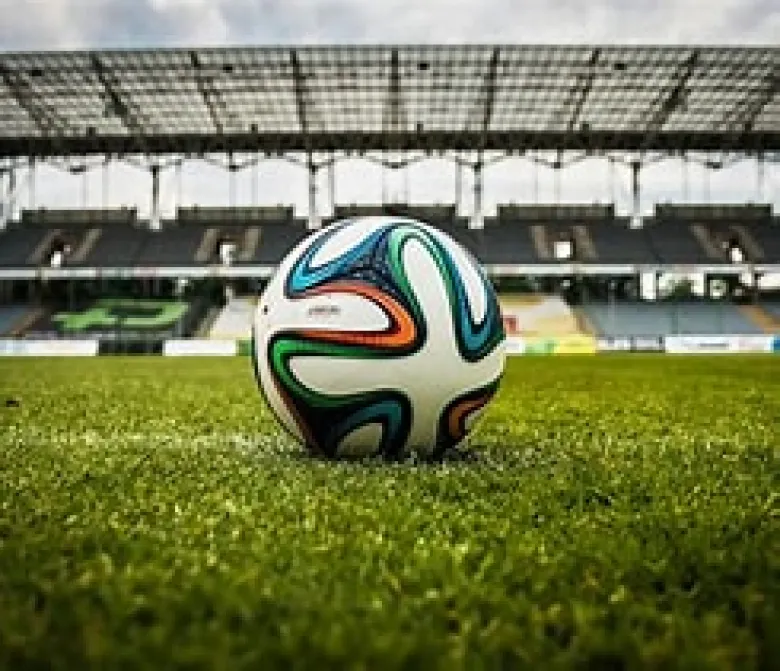It was early dawn when father informed us we were going to the stadium. His voice heavy with our Tutsi accent.
Mother's eyes snapped at him. She called him aside, and their whispers spread a distance in our crowded hideout.
" Sister, is the stadium big?" Jones, my little brother asked.
I too have not seen one before. We had no TV. There was no way I could have known. I swallow down, clearing my clogged throat. “ I suppose so. It may be bigger than you imagine.”
His eyes widened, and I nodded. He told me little about going back to school and meeting his friends. They were not like us, so I believed they were safe but after seeing bodies everywhere with no hope of rising, I couldn't assure him his friends were fine.
Father and mother returned. Father's face brightened before us, but the mask of worry stuck to mother's face in a perpetual plea that we should not go.
“Your mother wants you both to stay behind but I want us to go together.”
" I want to see the stadium, mother. I want to go," Jones cried.
I watched her countenance. She was heartbroken. " We will stay," I said, and her lashes fluttered with gratitude. I could see it because I knew her. “ It's okay father. Our enemies won't come here, but you need to be careful and less burdened.”
“ Are you sure, Kamila?”
“Yes, father. But you must draw the stadium when you return so that Jones will always see it. Right, Jones?”
He didn't respond. He wasn't happy. But Jones could not understand there was more to the sight of stadiums.
"Kamila," mother called before leaving, " you must be strong." She said and left with father. My eyes clouded, and the minute they left with other families, a heavy downpour flooded my heart. I could not cry even as a child because mother had charged me so. Yes, I had reason to cry. Somehow, I knew they would not return and mother had told me so.
In memory of Rwandan genocide of 1994.







